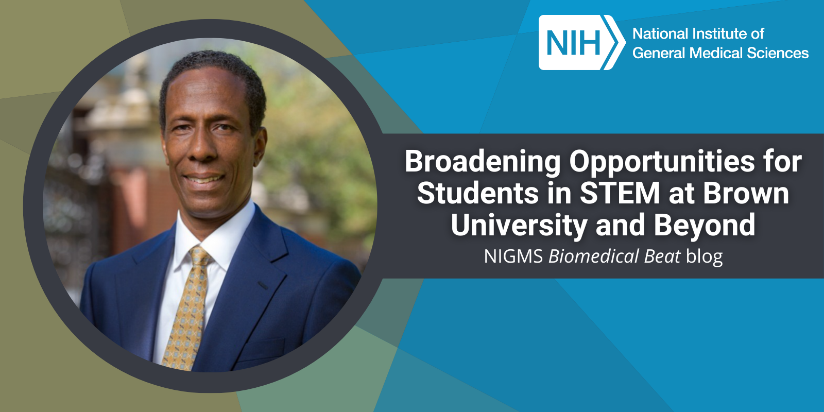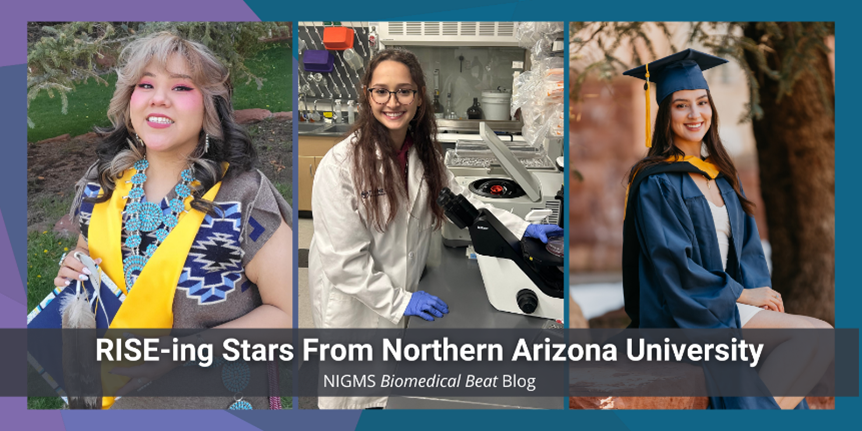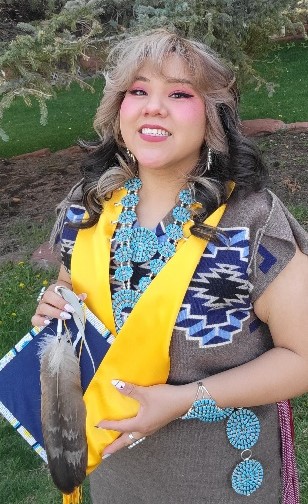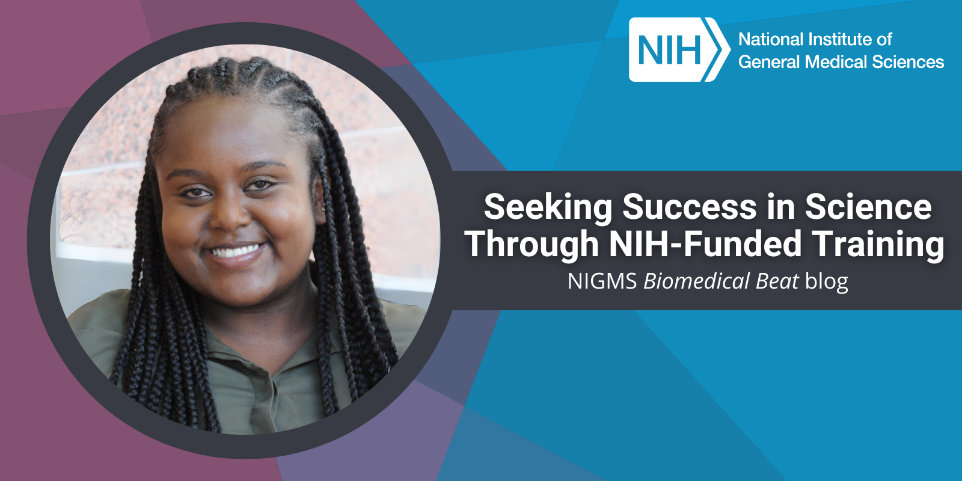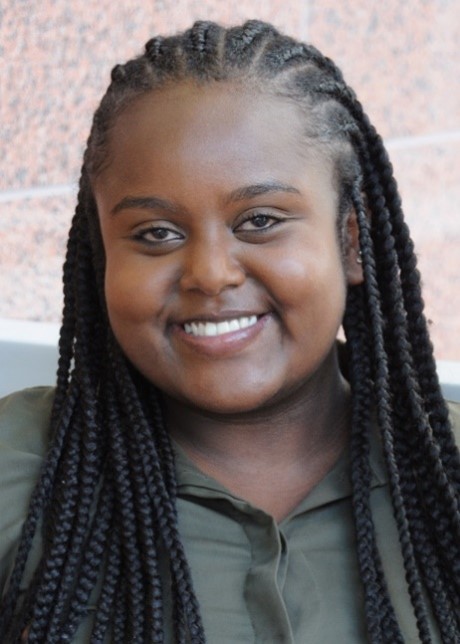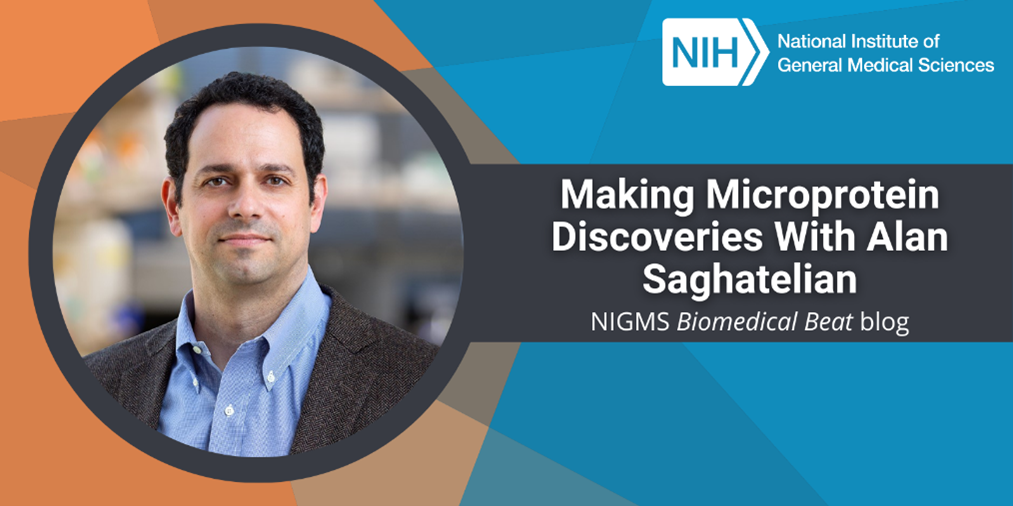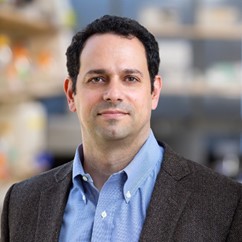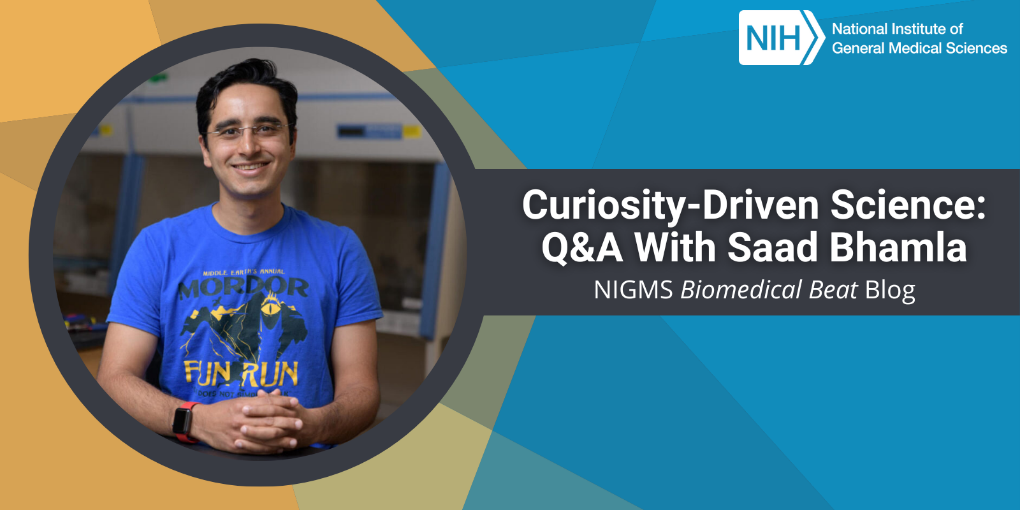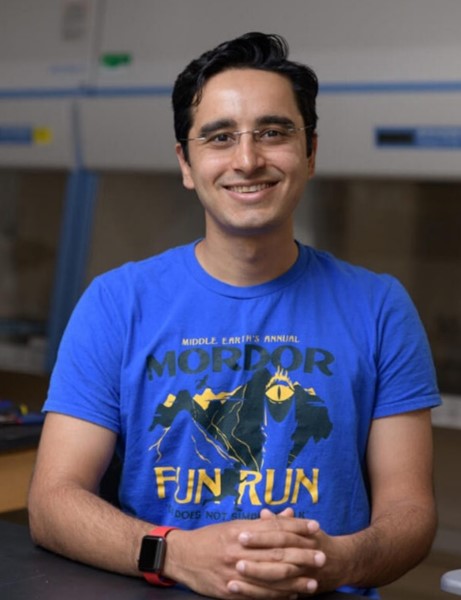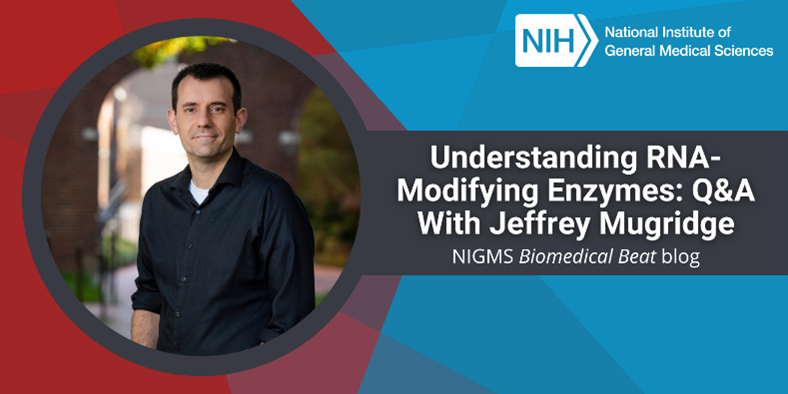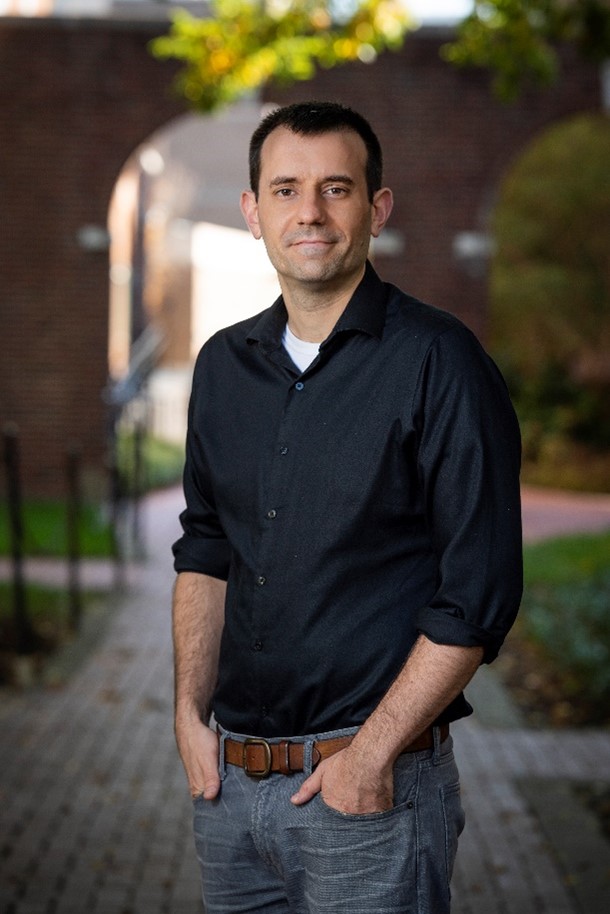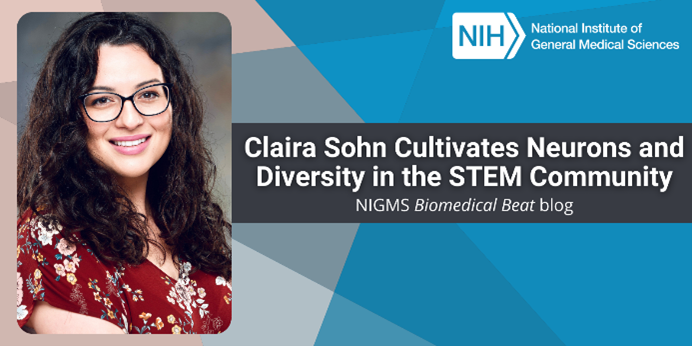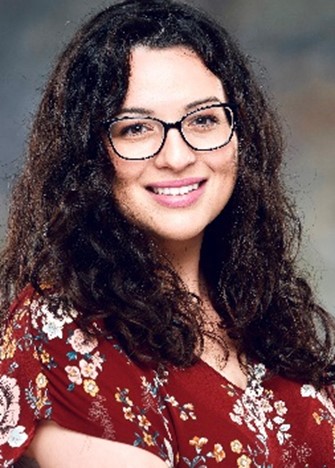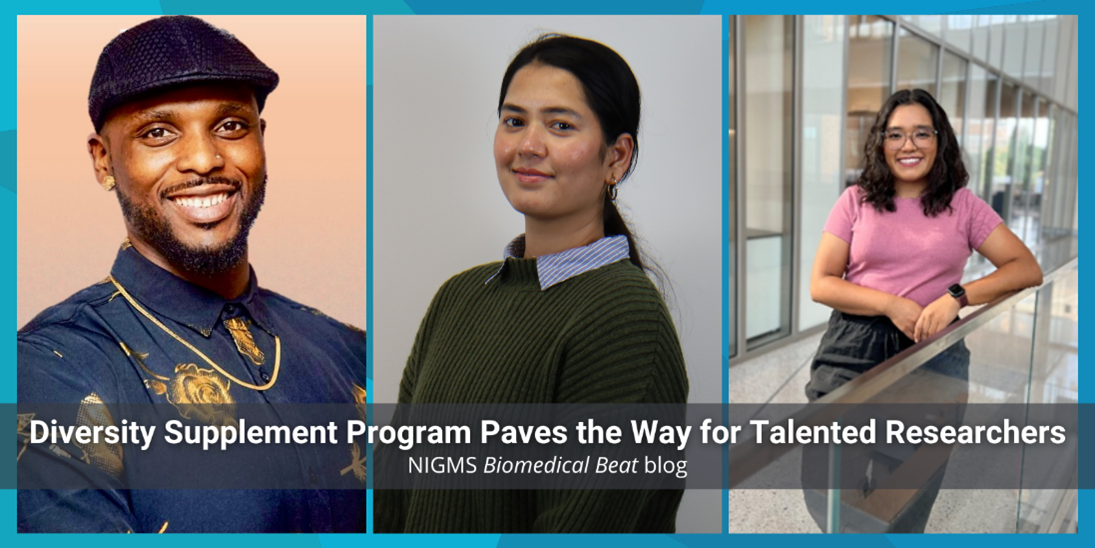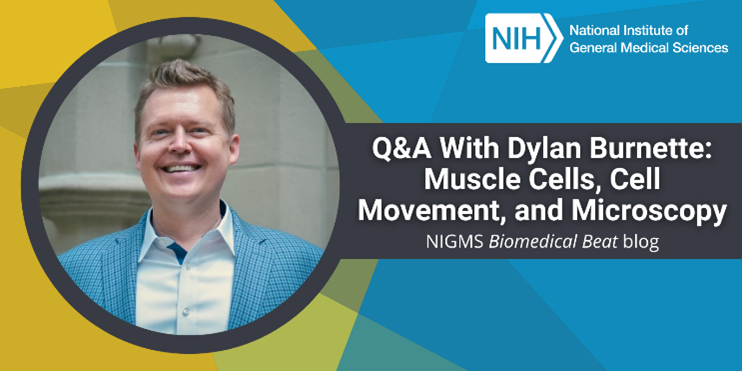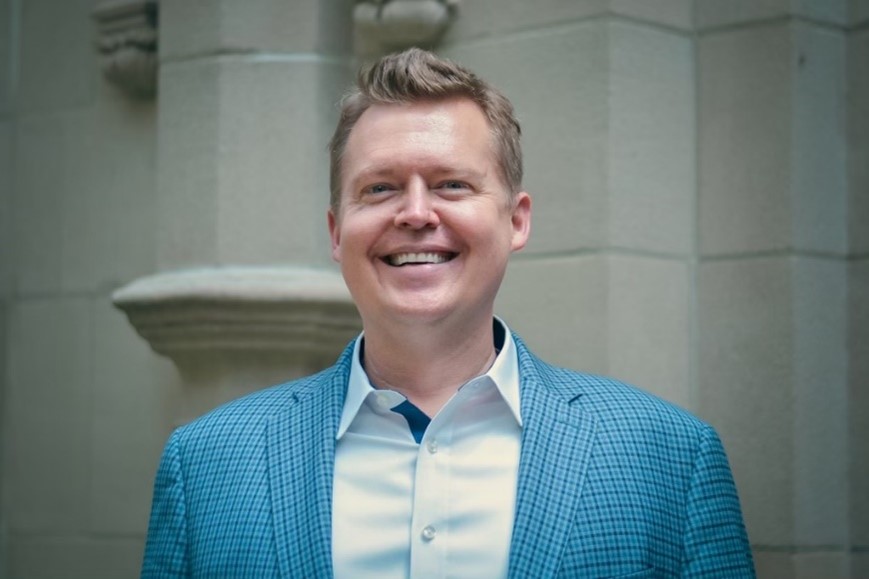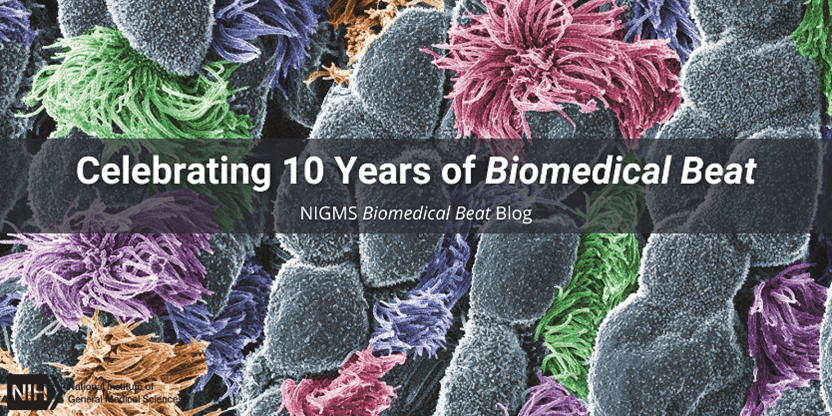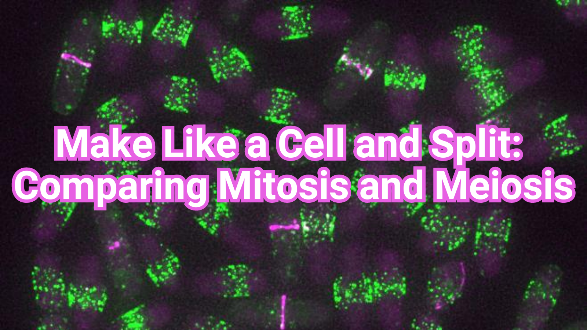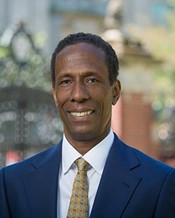
Andrew G. Campbell, Ph.D., a professor of medical science at Brown University in Providence, Rhode Island, and previous dean of the graduate school, is passionate about researching understudied diseases and helping students reach their full potential.
Dr. Campbell’s lab has studied the single-cell organism Trypanosoma brucei (T. brucei), a parasite transmitted through the bite of the tsetse fly, which is only found in specific regions of Africa. In humans, T. brucei causes African Trypanosomiasis, also known as sleeping sickness. Symptoms of this illness include headache, weakness, tiredness, and altered sleep schedules; and if left untreated, it can be fatal. Dr. Campbell studies the function of certain enzymes found in T. brucei and other infectious agents, like hepatitis B virus and HIV, with the hope that they can serve as targets for new treatments for diseases.
Continue reading “Broadening Opportunities for Students in STEM at Brown University and Beyond”

